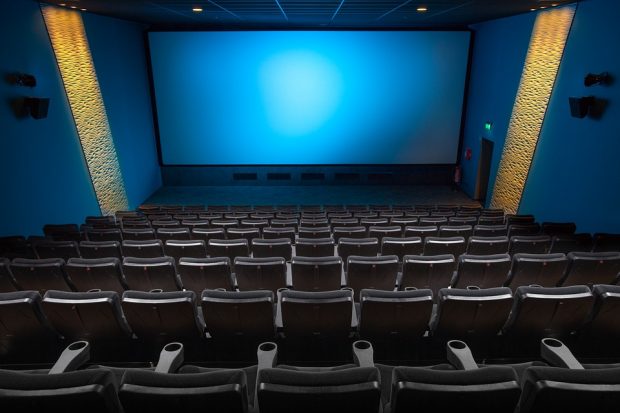
Sanctions are killing Iranian independent cinema

Tehran: The president of the United States says that one of the reasons for imposing new sanctions on Iran is helping to free the Iranian people. Those who do not agree with imposing economic sanctions on a country can when they are faced with a situation where sanctions can help freedom and liberty in that country, temporarily approve such a policy and even get along with it.
But is this policy really helping? The fact is that US sanctions against Iran make it harder for the media, publishers, and independent filmmakers to be more liberal than government affiliates. The sanctions make it difficult for everyone, including the media, publishers, and art-making companies that depend on the government and the budget for oil sales. The situation is even harder for independent publishers and producers of artwork.
Recently, the Variety magazine published a report saying that these laws of economic sanctions made it difficult for the production and international presence of Iranian films, and particularly for Iranian independent filmmakers. Expenditures have tripled in Iran, which has dramatically increased the cost of cinematic productions for independents. International relations are also affected by these conditions.
In addition to the fact that the production of films, especially by independent producers, has declined, festival organizers have been reluctant to select Iranian films because, in addition to the need for an international distribution and advertising system, the problem is that now, any banking transactions between Iran and other countries are almost impossible. To compound the situation, fears of American punitive policies have made Europeans very cautious.
The rise of political tensions between the United States and Iran, in addition to the other causes, has led EU countries and the Schengen area to significantly reduce the issuance of visas to Iranians. This problem has been felt when Iranians attended foreign festivals and exhibitions such as the Frankfurt Book Fair. Even some movie festivals, after many years, refused to issue visas to cinematic reporters.
The result is that a film about Iranian cinema was not accepted at the festivals of Berlinale, Cannes, and Karlovy Vary this year. This situation has caused some hardliners in Iran to insist on boycotting Western film festival stop of Form Bottom of Form, which not only disrupted cultural diplomacy relations between Persia and the West but also avoids for the film community in the world.
Iranian film producer Abbas Kiarostami, when he won the golden palm of the Cannes Film Festival, opened a new window between the world’s glances. Iranian film director and screenwriter Asghar Farhadi became one of the few directors worldwide who have won the Academy Award for Best Foreign Language Film twice(2012 and 2016). However, following Trump’s executive order barring Iranians from entering the US, Farhadi could not travel to the U.S. to receive his award. Instead, he announced that two prominent Iranian Americans, Anousheh Ansari and Firouz Naderi would represent him in the ceremony. Anousheh is the first female space tourist and first Iranian in space and Firouz, who was born in Iran and lives in the United States, is the director of Solar Systems Exploration at NASA.
By Alireza Bahrami, contributor to AsiaN from Iran


